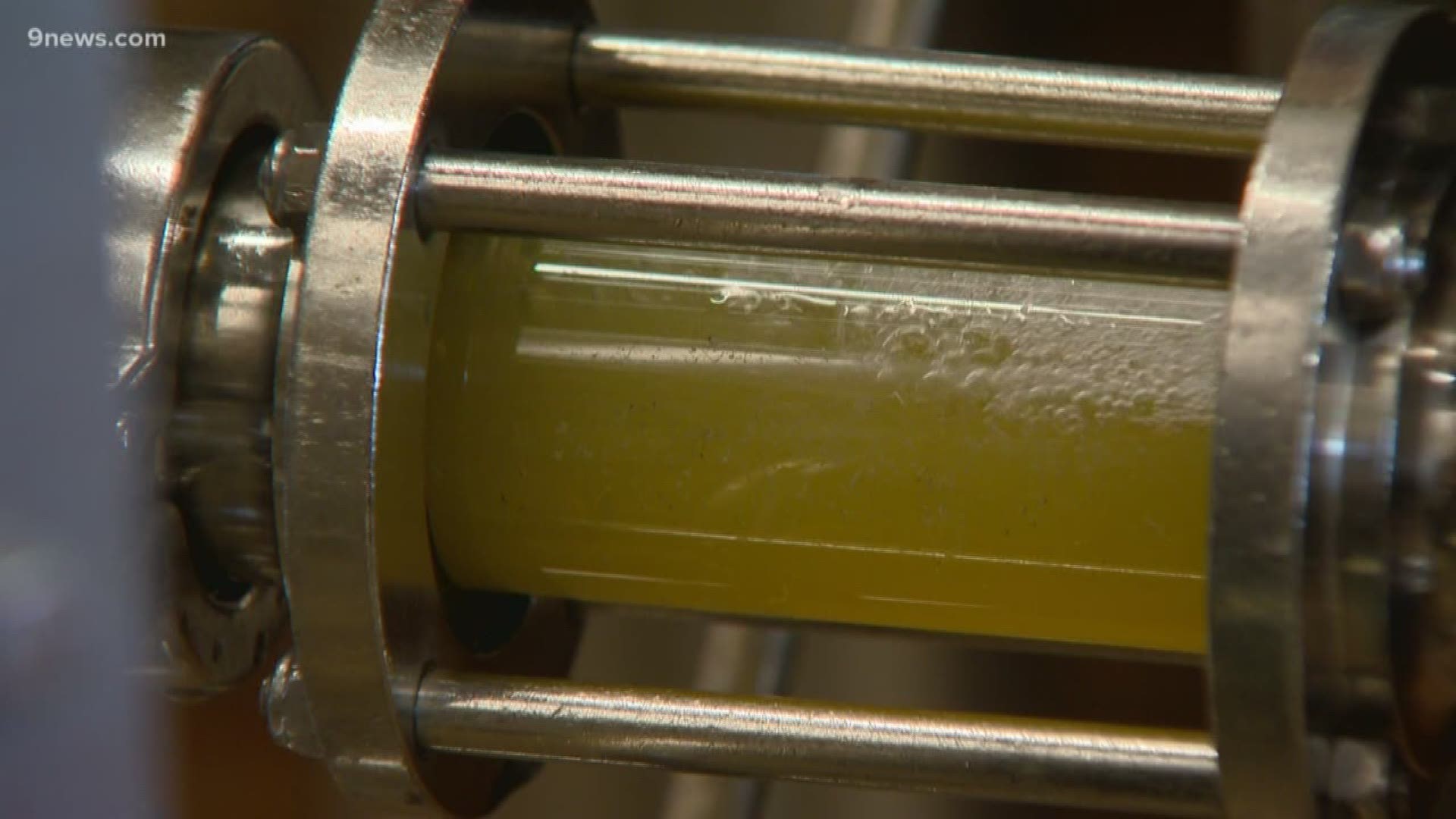DENVER — Starting next week, Denver Water customers might notice a slight change in the water that comes out of their faucets.
Denver Water will adjust the pH level of the water it delivers to its customers as part of its long-term program to reduce the amount of lead that can leach into water from old household plumbing.
The pH level measures how acidic or basic the water is. On a scale of 0 to 14, 7 is considered neutral. The lower the number, the more acidic the water is.
Denver Water currently delivers water with a pH level between 7.5 and 8.5, with a target of 7.8.
In March, Denver Water plans to increase its pH range to between 8.5 and 9.2, with a target of 8.8.
The pH increase will begin next week and will take a few days to a week to filter through the entire water system, according to a Denver Water spokesperson.
Denver Water said they use sodium hydroxide, a compound also used to make soap and paper, to regulate the pH level. Customers won't notice a change in taste or color, according to Denver Water, though they might notice the water feels more "slippery."
RELATED: This device could help clean the world's waterways -- and it's made by students at CU Denver
The pH change is part of Denver Water's Lead Reduction Program, which state and federal agencies approved in December. A higher pH is intended to make the water less corrosive, which protects water-users who have plumbing in their home that contains lead.
The water itself is lead-free, according to Denver Water, but lead can get into water from lead service lines into the home, copper pipes with lead solders that connect sections of pipe or from faucet parts that contain lead.
A higher pH also helps create a protective coating on the inside of pipes that reduces the likelihood that lead would leach into the water.
The Colorado Department of Public Health and Environment says there are no health concerns from drinking water with a pH level of 8.8, according to Denver Water.
In the Denver Water service area, there are between 64,000 and 84,000 customer-owned lines with lead in them. You can see Denver Water's map here showing their estimate of where those service lines are located by neighborhood.
Denver Water plans to replace those lead service lines with copper lines over the next 15 years as part of its Lead Reduction Program. In another component of the plan, Denver Water plans to provide free water filters to customers with lead service lines until those lines are replaced.
The entire program will cost about $500 million, according to a Denver Water spokesperson. Customers who will be part of the program will get information from Denver Water in mid- to late March.
If you're concerned about the possibility of lead in your water, there are several things you can do to reduce that likelihood, according to Denver Water:
- If the water has been not used for a few hours, run a faucet for about five minutes to help flush the water in your plumbing system before drinking it or using it to cook.
- Use a filter that is NSF certified to remove lead.
- Regularly clean your faucet screens.
- You can also request a water quality test for lead from Denver Water.
SUGGESTED VIDEOS: Local stories from 9NEWS

